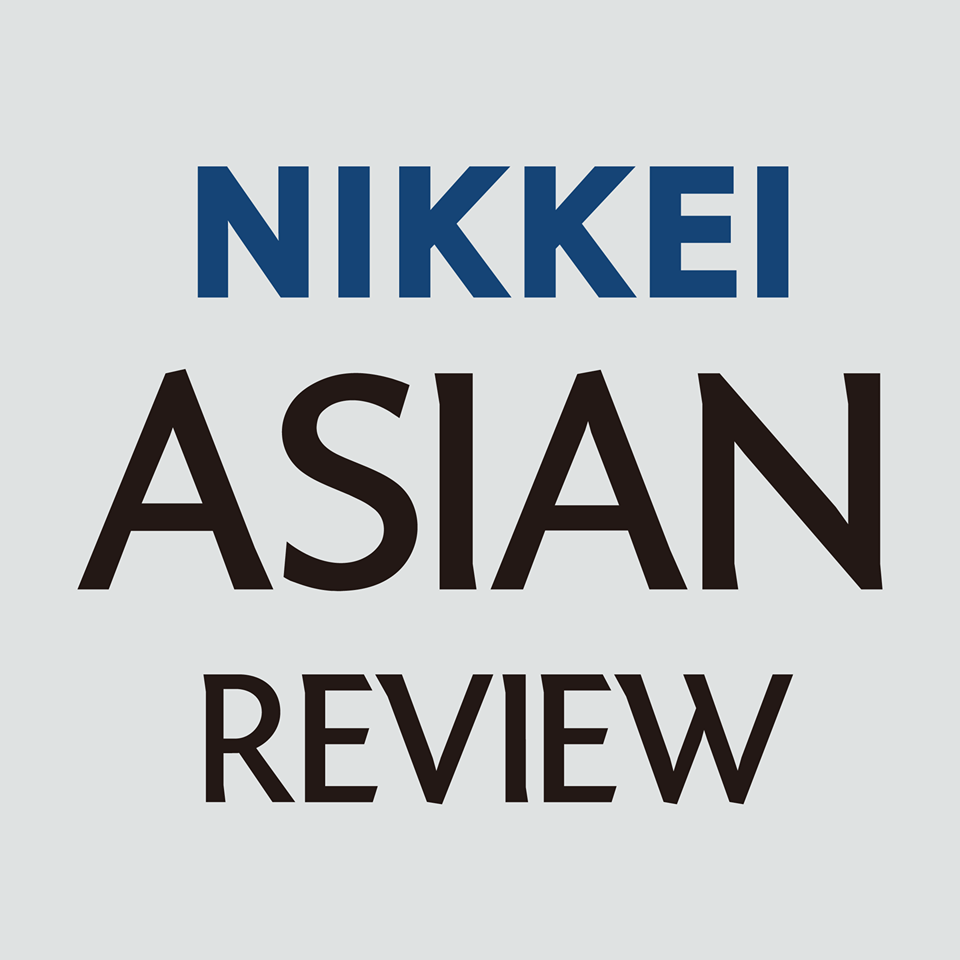China and APEC have shaped each other's economic profile with Beijing's advocacy on opening up markets and increasing contribution
Since becoming a member of Asia-Pacific Economic Cooperation in 1991, China has taken an active part in the organization's activities. China values its association with a multilateral economic organization, especially because the experience it had gathered as an APEC member in the 1990s helped it overcome some of the difficulties it faced while negotiating its entry into the World Trade Organization.
APEC abides by cooperative principles based on autonomy and negotiations, and promotes regional trade and investment through non-binding promises. Although it has failed to realize its Bogor Goal – that developed economies and developing economies fully open their markets to each other by 2010 and 2020 respectively – and faces strong competition from other multilateral cooperative organizations, APEC remains the most important economic cooperation and highest-level intergovernmental economic cooperation forum in the Asia-Pacific region.
Despite its remarkable economic achievements, China is still exploring new models and mechanisms for regional cooperation. In this context, the growth of APEC contributes to the development of China and vice-versa.
After entering APEC, China became part of the force driving development in the region as well as the rest of the world, with the Asia-Pacific becoming an important platform for China's development.
Last year, APEC members accounted for 60 percent of China's foreign trade, contributed about 83 percent of the foreign investment in actual use in China and were responsible for 69 percent of China's foreign direct investment. Therefore, the Asia-Pacific region is crucial for China to deepen its economic and trade cooperation with the world.
Besides, China has studied and explored APEC's experiences in economic and financial administration. It lowered its tax twice, in 1996 and 1997, to fulfill its promise to APEC to conduct a "pressure test" similar to that carried out by banks. The experience gained from the process helped China further open up its market to the outside world and participate in WTO trade negotiations.
On the other hand, China's fast-paced economic growth has enhanced APEC's influence, because China's rise has also benefited its trade partners, and many global organizations and individuals. Thus, it would not be a mistake to say, APEC is lucky to have China as a member.
China has helped expand APEC's market, which accounts for 40 percent of the world's population, 57 percent of global GDP and 46 percent of the world trade volume. China has become one of the most important members of APEC because of its contribution to the region's growth, which, according to the International Monetary Fund, has already exceeded 50 percent.
Within the APEC framework, China is transforming from a passive accepter to an active maker (albeit joint) of rules, and a leading player of the organization. As Foreign Minister Wang Yi said, over half of the more than 100 cooperation proposals in the 21-member APEC was raised by China this year. Indeed, the country has reached a stage today where no big global organization can afford to ignore it.
The ongoing APEC conference in Beijing has three major topics on its agenda: integration of regional economies; boosting innovative economic development, reform and growth; and strengthening cooperation in infrastructure construction and regional connectivity. These issues are important for China as well as other APEC members.
In addition, unlike the developed countries that have been resorting to protectionism and hesitating to open their markets after the global financial crisis, China strongly advocates further opening up of all markets.
US Vice-President Joe Biden said at a recent meeting with Chinese leaders: "As Americans, we welcome competition. It's part of our DNA." But facts show that Chinese, rather than Americans, welcome competition. In fact, for quite some time, China has been welcoming foreign enterprises to the domestic market to compete with Chinese companies.
China has never been as confident of its refor
m and opening-up as it is today. As host of the APEC conference, China is ready to play a more active role for the prosperity of the Asia-Pacific region and APEC's development.
Dong Xiangrong is a researcher at the National Institute of International Strategy of the Chinese Academy of Social Sciences.

